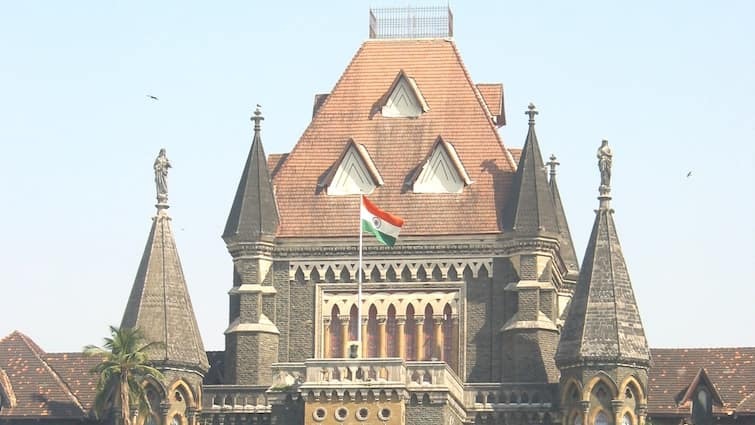
Bombay High Court News: The Bombay High Court has made an important comment while hearing a case of suicide of a woman. The High Court has said that the allegations of taunting the wife, not allowing her to go to the temple alone or making her sleep on the carpet cannot be considered 'cruelty' under Section 498A of the IPC.
The court acquitted a man and his family who were convicted under Sections 498A as well as 306 (abetment to suicide) of the IPC. Their taunting and other actions had allegedly led to a woman committing suicide in 2002, reports Live Law.
Bombay HC's comment in woman's suicide case
The bench was hearing the case on an appeal by the accused who were convicted by a trial court in April 2004. According to the high court's October 17 order, the allegations against the accused included taunting the deceased woman for the food she cooked, not allowing her to interact with neighbours or go to the temple alone, not allowing her to watch TV, making her sleep on the carpet.
The order also said that there were allegations that the deceased woman was not allowed to throw garbage alone and was also asked to fetch water at midnight. The court said, "Such allegations of cruelty cannot be considered serious under the relevant section, as it relates to domestic matters." Thus, the court said that it cannot be considered a crime under the law.
Just sleeping on the carpet will not be considered cruelty- HC
According to the report, the bench also argued that cruelty, which can be either mental or physical, is relative and cannot be used in a straitjacket manner. Justice Abhay S Waghwase wrote in his order, "Just sleeping on the carpet will also not be considered cruelty. Similarly, what kind of remarks were made, preventing from socializing with the neighbor cannot be termed as harassment."
These allegations are not the immediate cause of suicide- High Court
The judge also said on the basis of the testimony that in the village where the woman and her in-laws lived, water supply was done at midnight and water used to come to all the houses at 1:30 in the night. Based on the testimony of the woman's in-laws, the court said, "The allegations cannot be considered the immediate cause of suicide as the deceased had gone to her in-laws' house about two months before ending her life. What caused the suicide remains a mystery."
Read More: In Panipat, a Congress leader was severely reprimanded for asking a woman for her mobile number.
--Advertisement--

 Share
Share



